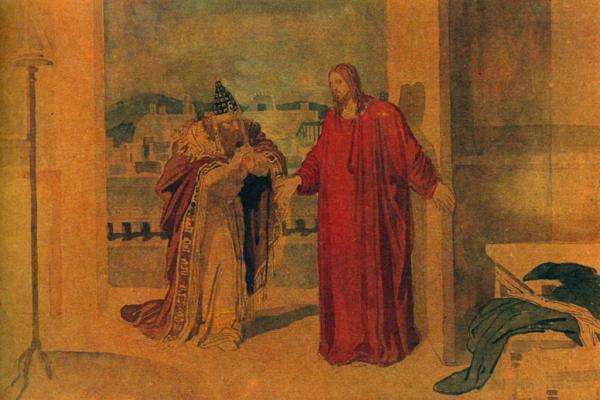Mar 28, 2013
He came to Jesus at night, sneaking off to see the man behind the miracles.
He was a powerful Pharisee, a member of the Sanhedrin, the Jewish ruling council. He wasn’t supposed to mix with the motley lot that followed Jesus.
But Nicodemus had to know: Was the charismatic Galilean for real?
Read the Full Article

Already a subscriber? Login
